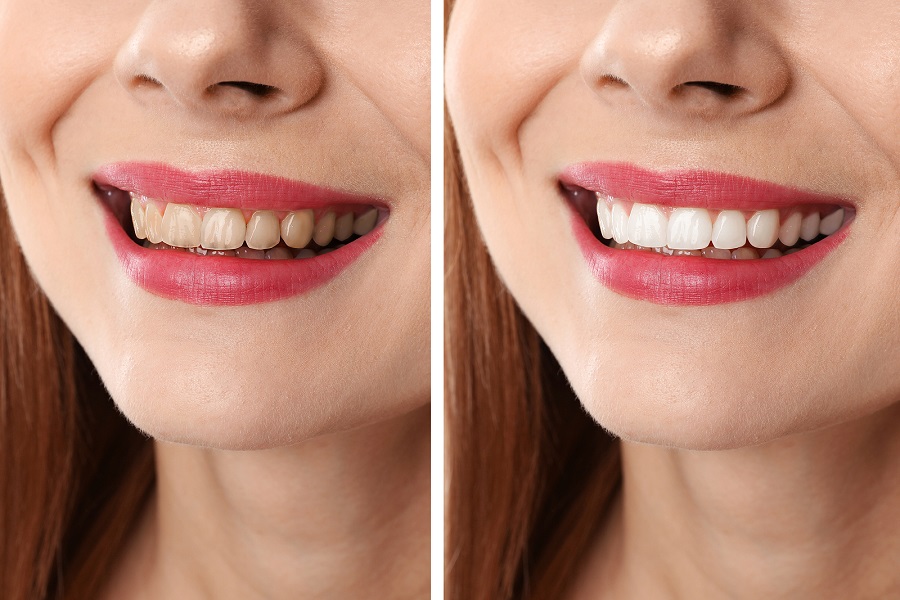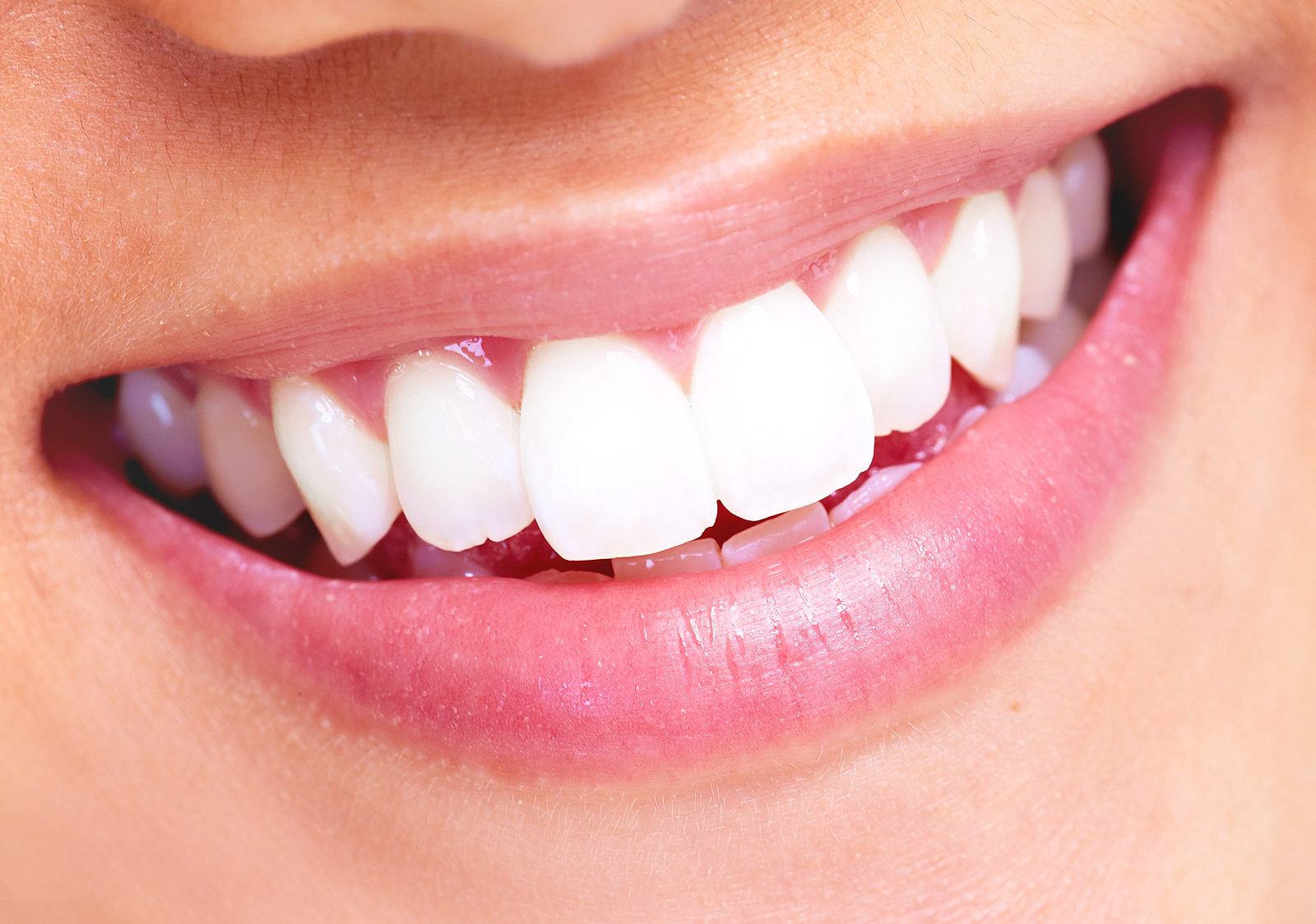WHAT IS TMJ & HOW IS IT TREATED?
Are splitting headaches putting you down in the middle of the day? You can usually feel it coming on with shoulder pain and neck pain in the morning, and that gradually turns into a terrible migraine in your jaw and temples, which makes you want to hide in a dark room by the middle of the afternoon. If this sounds like you, then you might be suffering from temporomandibular joint disorder (TMJ). Our knowledgeable staff at Biltmore Commons Dental Care wants to help.
WHAT IS TMJ?
TMJ disorders are a category of disorders that affect the jawbone and cause anything from mild tenderness to severe neck, shoulder, and head pain. The area most affected is the facial muscles and nerves. The pain can be a result of a dislocated jaw, misaligned bite, or arthritis.
In the majority of cases, your dentist will be able to run a variety of tests and perform an exam to help determine if TMJ is to blame for you headaches and discomfort. Some of the most common signs of this disorder are:
- Frequent sinus infections or toothaches
- Clicking and popping noises when opening your mouth
- Pain when chewing, biting, or yawning
- Pain in or around the ear
WHO IS AT RISK FOR TMJ?
While TMJ can affect anyone, it is generally more common in women between the ages of 18 to 44. Recent studies have found that women who are in their peak childbearing years are more likely to develop this disorder, due to the increased stress on the body.
Genetics can also play a role in TMJ, especially that related to your stress response, psychological health, and how your body responds to inflammation. Genetics may also be responsible for how well your body handles pain, and can manifest either lower or higher pain tolerances than the average person.
HOW IS TMJ TREATED?
Treatment for TMJ relies heavily on your diagnosis. You should consult with your dentist to help determine your best course of action. If your condition is chronic, your best solution may be to work with a team of doctors that include your dentist; an ear, nose, and throat specialist; a pain specialist; and a physiotherapist. Your doctors may also prescribe medications such as muscle relaxers, antidepressants, or even Botox.
Physical therapy may also help, especially if your jaw has been dislocated in a sports-related injury or car accident. This usually involves mobility exercises to increase muscle strength and relieve your pain.
While often the last resort, surgery tends to have the most success in treating TMJ. The surgeon will irrigate the joint and then inject a local anesthetic to help numb the nerves related to the pain.
Contact Us Today If you suspect that you’re suffering from TMJ, it’s time to schedule an appointment with your Biltmore dentist and staff. With our expert opinion and a specialized treatment plan, you can be well on your way to recovery and go on to live a pain-free life. To schedule an appointment with our dentist in the Phoenix, AZ, area, call us today at (602) 249-2227.






















0 comments